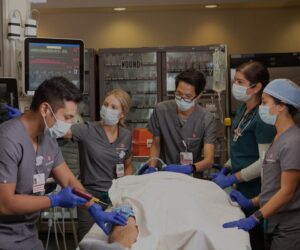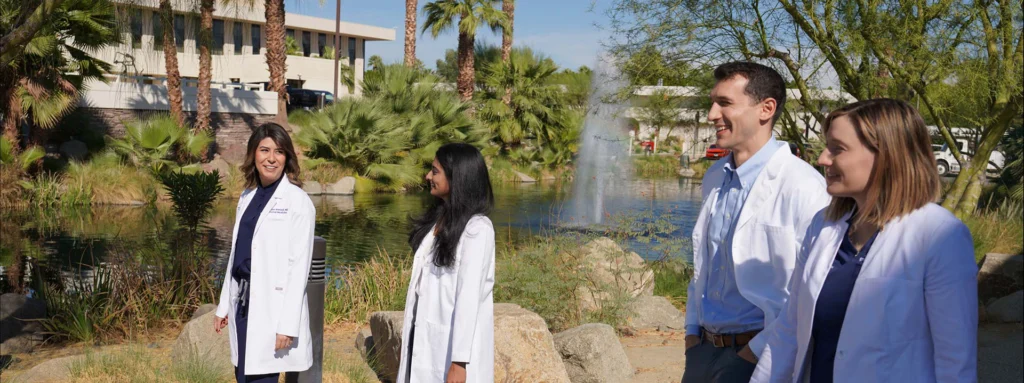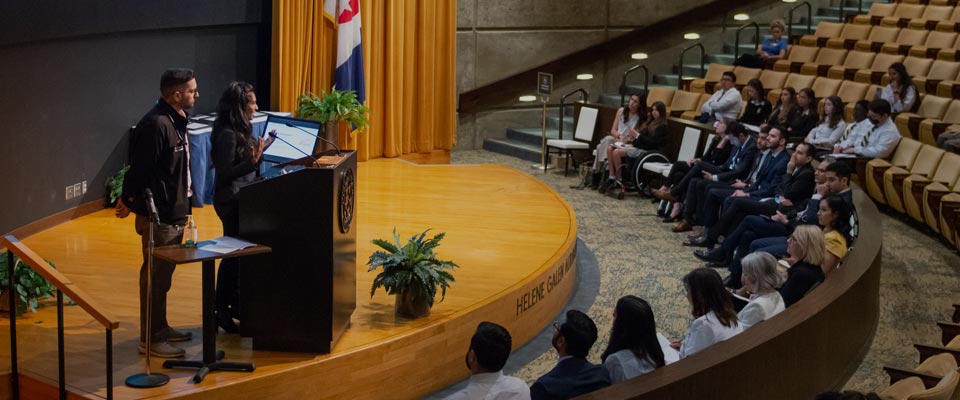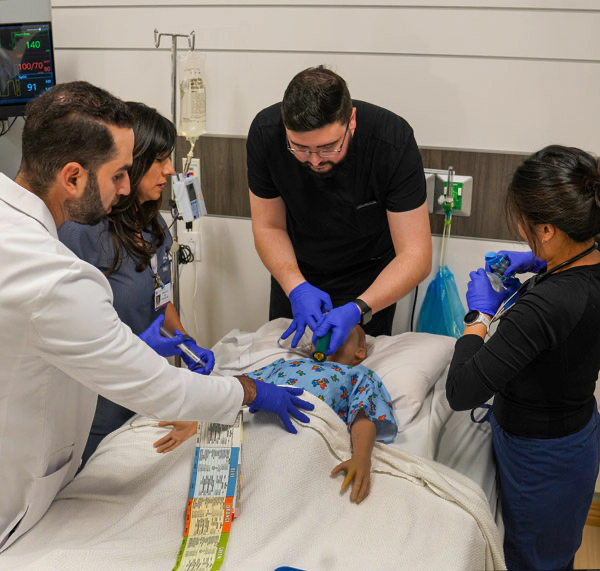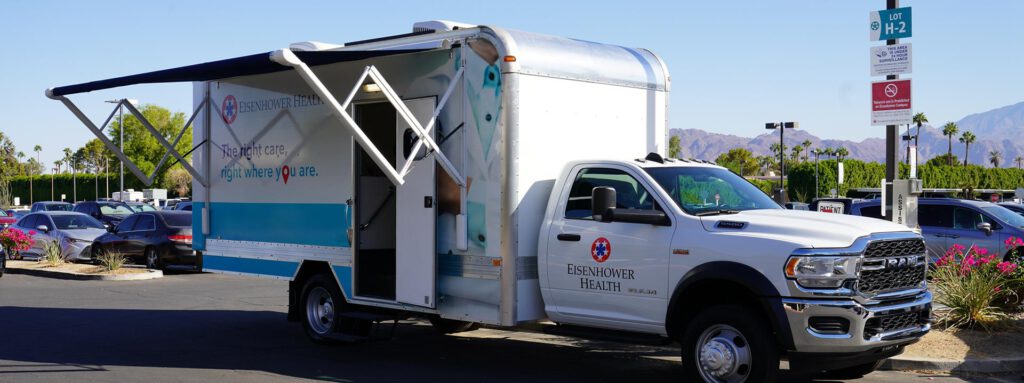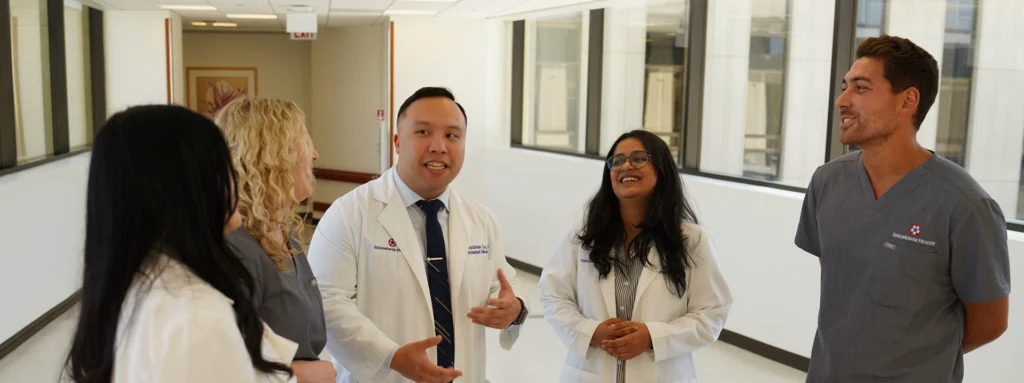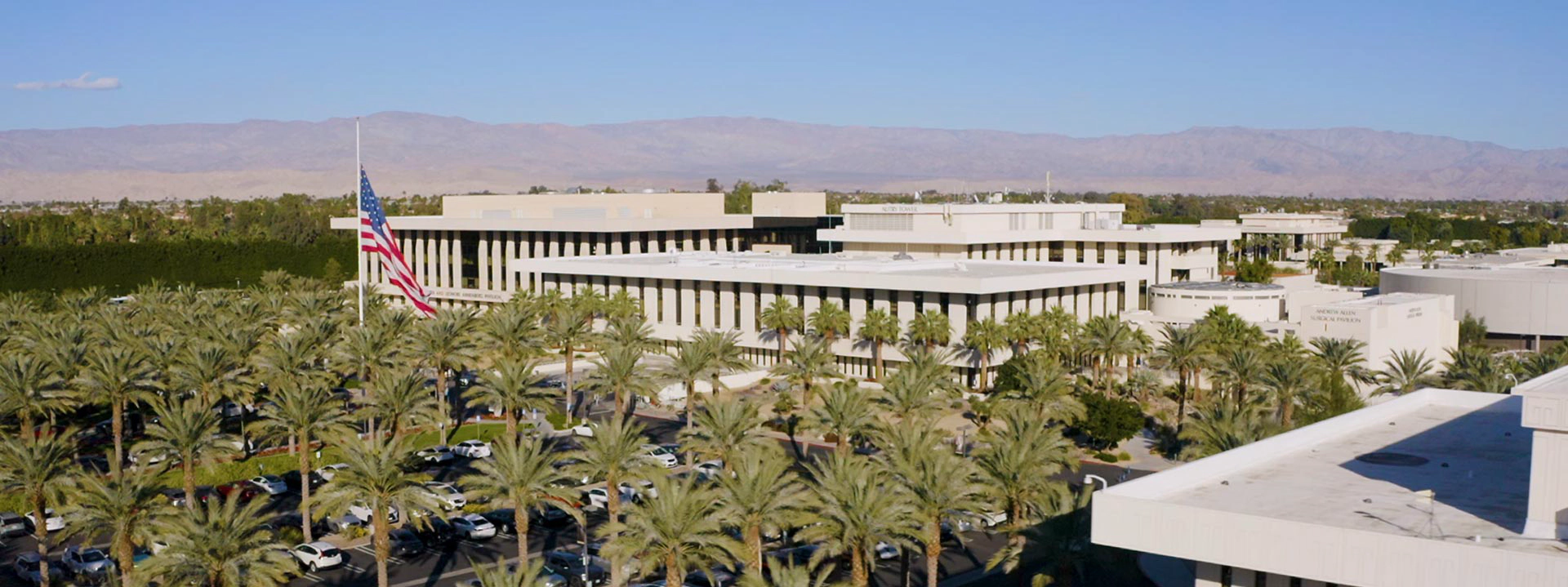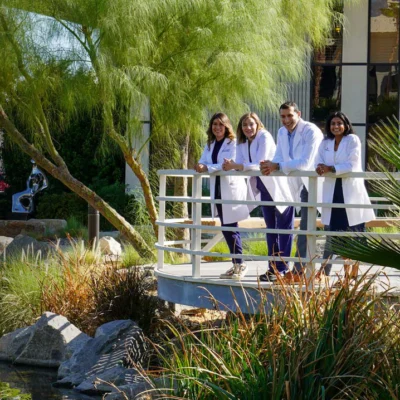Emergency Medicine Simulation
Fellowship Overview
Leadership & Faculty
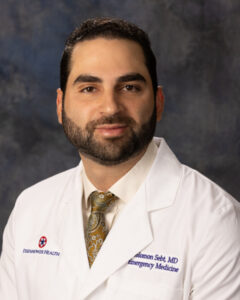
Solomon Sebt, MD
Dr. Solomon was born in Jackson, Mississippi, but was raised in Lawrence, Kansas. He earned his bachelor’s degree in Exercise Physiology with the highest distinction from the University of California at Davis. Subsequently, he attained his Medical Degree (MD) with Summa Cum Laude honors from St. George’s University, where he was also a member of the Gold Humanitarian Honor Society.
Following his academic achievements, Dr. Solomon pursued his residency training in emergency medicine at Eisenhower Medical Center, where he ascended to the role of Simulation Chief Resident. Notably, his involvement in the simulation committee was instrumental in the establishment of Eisenhower’s inaugural simulation center in 2022. During his tenure as Chief Resident, he further honed his skills through mentorship in simulation by Fellowship Director Dr. Eric McCoy at the University of California, Irvine.
Presently, Dr. Solomon is a board certified attending physician and core faculty member within our emergency residency program*. Moreover, he holds the esteemed position of Medical Director at the John Stauffer Center for Simulation and Innovative Learning, demonstrating his commitment to advancing medical education and practice
*Board Certified in Emergency Medicine
Program Director’s Message
Welcome, and thank you for your interest in our Simulation Fellowship Program.
This is more than a traditional fellowship—it's a launchpad for future leaders in medical education, innovation, and systems improvement.
What sets our program apart is the depth of experience we offer, grounded in real institutional impact. I had the privilege of helping design and launch our hospital’s very first simulation center—from concept to construction to curriculum. That journey taught me how to build something meaningful from the ground up, and it’s this knowledge I’m excited to pass on to our fellows.
Fellows in our program are immersed in every dimension of simulation leadership: they participate in root cause analyses, transform quality gaps into targeted simulations, and teach across multiple disciplines including EM, OB/GYN, surgery, and nursing. We also offer access to advanced technologies like VR, AR, robotics, and AI—resources rarely found at most centers.
You’ll contribute to research including national projects like PECARN, IRB backed research projects and gain real experience in strategic planning, interdepartmental collaboration, and institutional decision-making. If you’re passionate about healthcare education and eager to make a lasting impact, our fellowship will prepare you to not only lead a simulation center—but to build one.
We’re excited to support the next generation of simulation leaders.
Warm regards,
Solomon Sebt, MD
Program Director, Simulation Fellowship
Eisenhower Health Medical Center
Overview
The Emergency Medicine Simulation Fellowship at Eisenhower Health is a 12-month advanced training program designed to cultivate leaders in medical education, simulation based learning, and healthcare quality improvement. Fellows will gain expertise in high fidelity simulation, procedural training, curriculum design, and faculty development while contributing to the advancement of simulation education.
Program Length: One year
Salary: Base salary of $125,000 with internal moonlighting opportunities at competitive rates for clinical shifts above the base.
Shifts: Eight 10-hour clinical shifts per month as the attending in the Emergency Department
Education: Certificate in Simulation Education and Faculty Development through leading simulation organizations
Learn more about our Simulation Center.
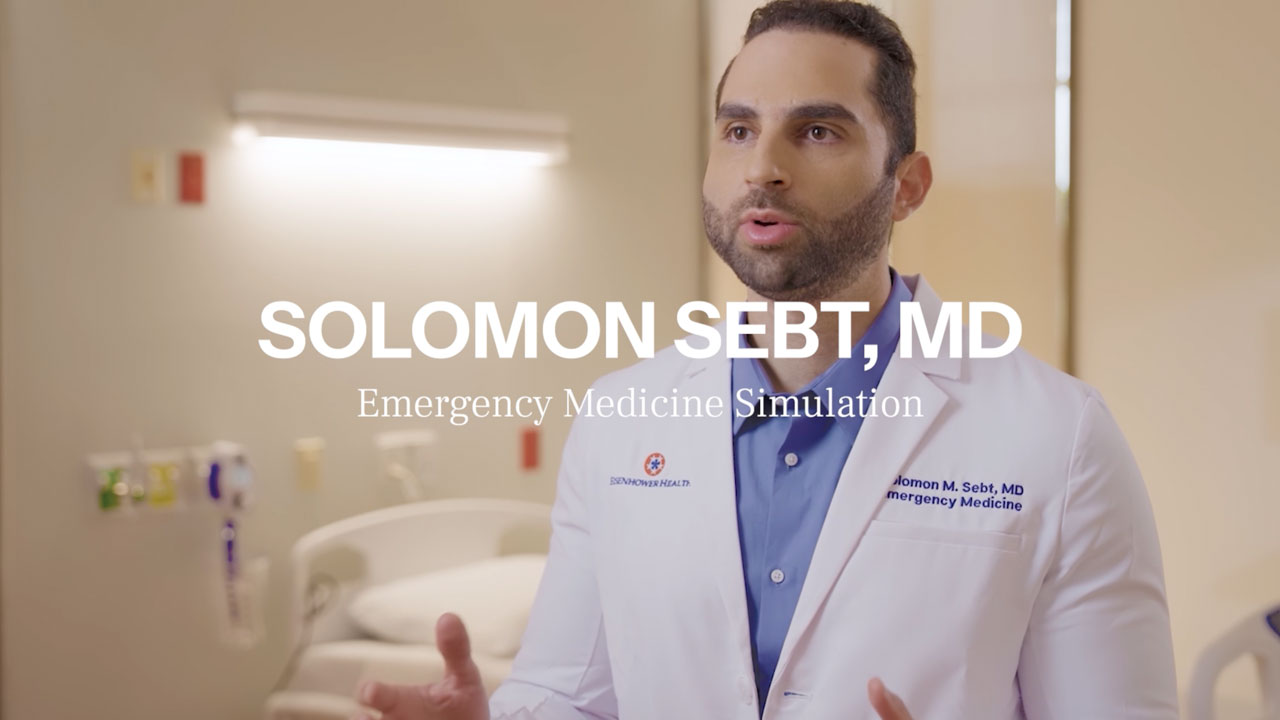
Fellowship Highlights
Curriculum Structure
- Clinical Practice: Maintain clinical excellence with shifts in Eisenhower’s state-of the-art Emergency Department.
- Simulation Education: Weekly simulation sessions and faculty meetings, with opportunities to lead scenarios and workshops.
- Innovations in Simulation: Explore and utilize AR/VR and other advanced innovative & simulation technologies
- Quality Improvement & Administrative milestones
- Present QI project progress; refine simulation curriculum, general simulation program administrative training
- Research: Complete a scholarly project related to simulation or quality improvement, with dedicated support for mentorship and publication.
- Attend national conferences, such as IMSH or SAEM Simulation Academy, with funding for educational activities.
Required Documents for Application:
- Curriculum vitae
- Personal statement
- 3 letters of recommendation, 1 must be from a program director
Submit application to:
Have Questions About Our Programs or Need Help?
Contact us to learn more about Eisenhower Health's Graduate Education programs.
